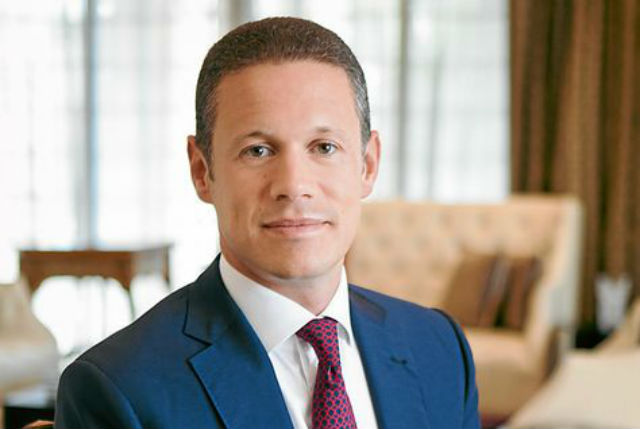Home
About Us
You've heard the phrase "this is what democracy looks like" a lot lately: It's a cry of protest, solidarity, and civic power, and it's been used to great effect on the ground in states such as Michigan and Ohio, where Issue 1 on the ballot seeks to codify reproductive rights, such as the right to abortion, up to the point of fetal viability, in their constitutions, writes Amanda Marcotte at Salon.
But while it's a rallying cry, "reproductive and gender rights organizations continue to be treated as 'issue groups' rather than power-building organizations and force-pliers for democratic engagement," writes Marcotte.
"To turn back the tide of authoritarianism, philanthropic investments have supported systems, rather than values relevant to the masses."
In other words, they've struggled to make a case for funding, she writes.
"Cooperation reminds me of an elusive concept: 'There's nothing heroic about defending other people's interests just because they happen to be personal gain,'" writes Marcotte.
"Reproductive rights funders who demonstrate the existence of oppression demonstrate the existence of oppression, and the result looks very much like a collective will or a common cause."
Read her full column here.
Selected Grant News Headlines
A customized collection of grant news from foundations and the federal government from around the Web.
Foundation: Community Foundation of Sarasota County, Manatee Community Foundation
Harvest House provides affordable housing and addiction recovery services.The Skilled Companion Dog Program provides dogs that serve as loyal companions and teachers.Bridge A Life supports children...more
Creative Australia's peer learning networks help to foster a collaborative and supportive environment for artists and creative workers.National Giving Day to the Arts is a new initiative designed to...more
Fewer than one-third of gainfully employed Americans have access to workplace benefits that could help them manage critical financial needs.Modernizing and connecting the benefits system across the...more
Lauren Carn, Class of 2025, BFA in Theatre Teaching, College of Fine Arts, from Draper, Utah.Carn is starting a job at Salt Lake Arts Academy teaching fifth through eighth grade drama.Carn wrote a...more
Local teens in the Youth Engaged in Philanthropy (YEP) program wrapped up their year with a capstone ceremony."Around here, giving back isn't just a nice thing to do it's part of who we are," one...more
The Tsinandali Festival is returning for its seventh edition from September 4 to 14, 2025.The festival is a unique initiative backed by Kusto Group and Yerkin Tatishev, designed to connect cultures...more
Six individuals from the Sioux Falls area will be part of the 2025 class of the South Dakota Hall of Fame.The remaining four inductees in the class of 2025 will be announced at a later date.The...more
Morgan State University's first-ever All Paws In Day of Giving campaign exceeded its ambitious goals.More than $293,000 was raised from more than 880 gifts.Campaign encouraged supporters to...more
Foundation: Gates Foundation
The Beginnings Fund is a global health collaborative that brings together donors from the Middle East, Global North, and Global South.The fund is already working with Ministries of Health,...more
Impact investing is a funding model with a range of benefits for arts and cultural organisations seeking to access new sources of capital.Australia's National Cultural Policy: REVIVE includes a...more
Social Entrepreneurship
Spotlight
Ashoka Unveils Gulf Program to Promote Social Entrepreneurship

Ashoka, a global platform for social innovation, introduced the Arab World Social Entrepreneurship Programme (ASEP) to support local social entrepreneurs in scaling up their operations in three key areas – healthcare, environment and women participation for inclusive growth.











